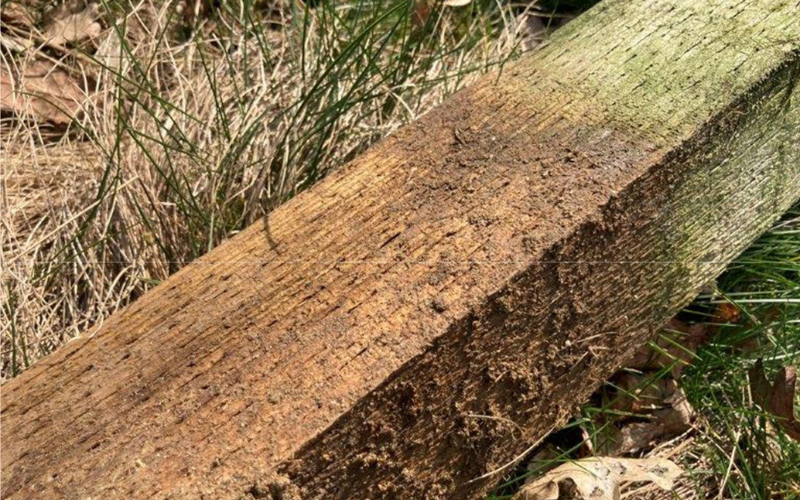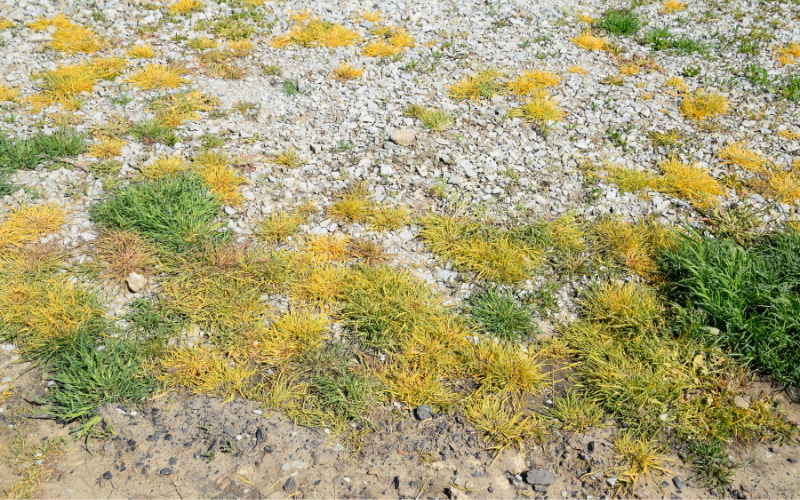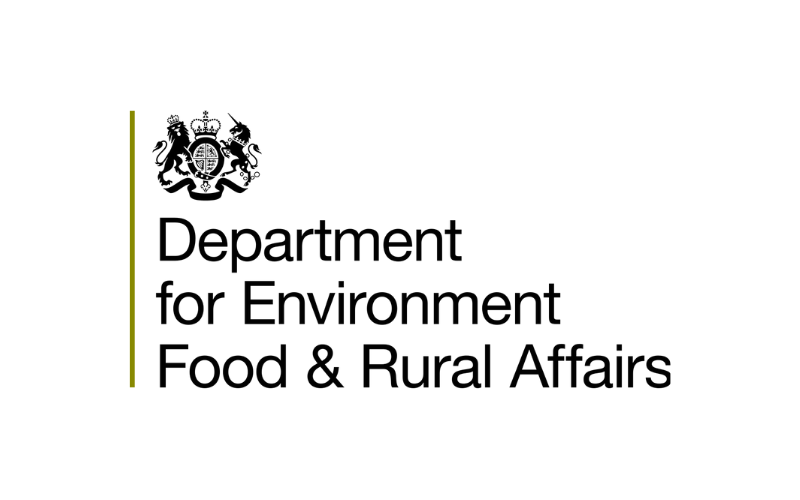latest news

Reminder: New flat rate import fee and changes to frequency of checks
Changes to the current plant import regime will take effect from 22 July 2022, which means a new, flat rate import inspection and identity check fee will be placed on plants for planting, and cuttings, that originate from the EU and non-EU countries.

Independent study confirms performance of treated wood
This 7-year inspection data suggests wood treated with Copper Organic preservatives has the potential to last for a significant period – providing the application of preservative is applied correctly.

Request to complete a survey for student research project
The research project aims to explore the topic of embodied carbon in landscaping, and the limitations to producing Environmental Product Declarations for landscaping materials and products. Survey takes 5 minutes to complete.

Opportunity to create woodland using the England Woodland Creation Offer
Landowners including owner occupiers, tenants and landlords can apply to the England Woodland Creation Offer (EWCO) for support to create new woodland.

Defra propose new flat rate import fee and changes to frequency of checks
Following a recent consultation with plant businesses and stakeholders across Great Britain, Defra are proposing to implement changes to the current plant import regime that will take effect from 22nd July 2022.

Plant health debated in House of Lords
Earlier this week the House of Lords held a short debate on ‘Health of trees in England, and progress made towards developing a variety of ash that is resistant to ash dieback’.

Provision of sunscreen: employer or employee responsibility?
Following recent weather conditions, Technical Officer Owen Baker discusses whether sunscreen protection is the responsibility of employer or employee?

European Union postpones glyphosate renewal verdict until 2023
EFSA has announced the decision to renew the licence for glyphosate has been postponed until July 2023. Post-Brexit pesticides regulations mean use of glyphosate in UK is therefore likely to be extended until July 2026.

Rabies in bats
Cases of rabies in Great Britain are rare but occur each year, most recently in the south of England in coastal areas. The most recent case of rabies in a bat was Poole, Dorset, in June 2022.

Plant Protection Products users must register by 22 June 2022
Users of Professional Plant Protection Products (PPPs) and adjuvants in England, Wales and Scotland are required to register with Defra. Find out more on where you fit and further registration guidance.

